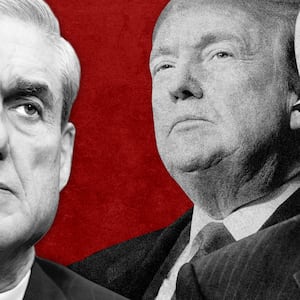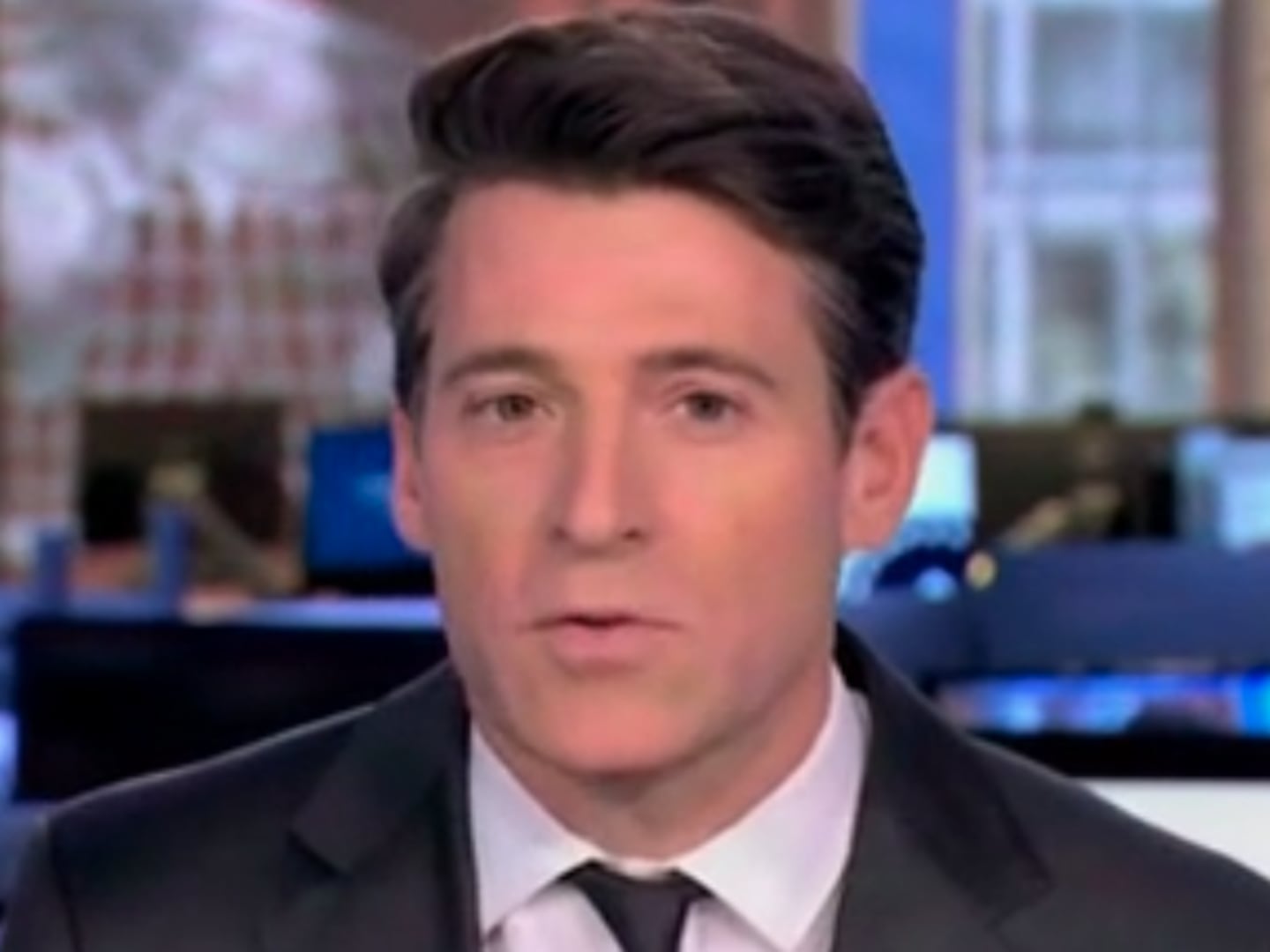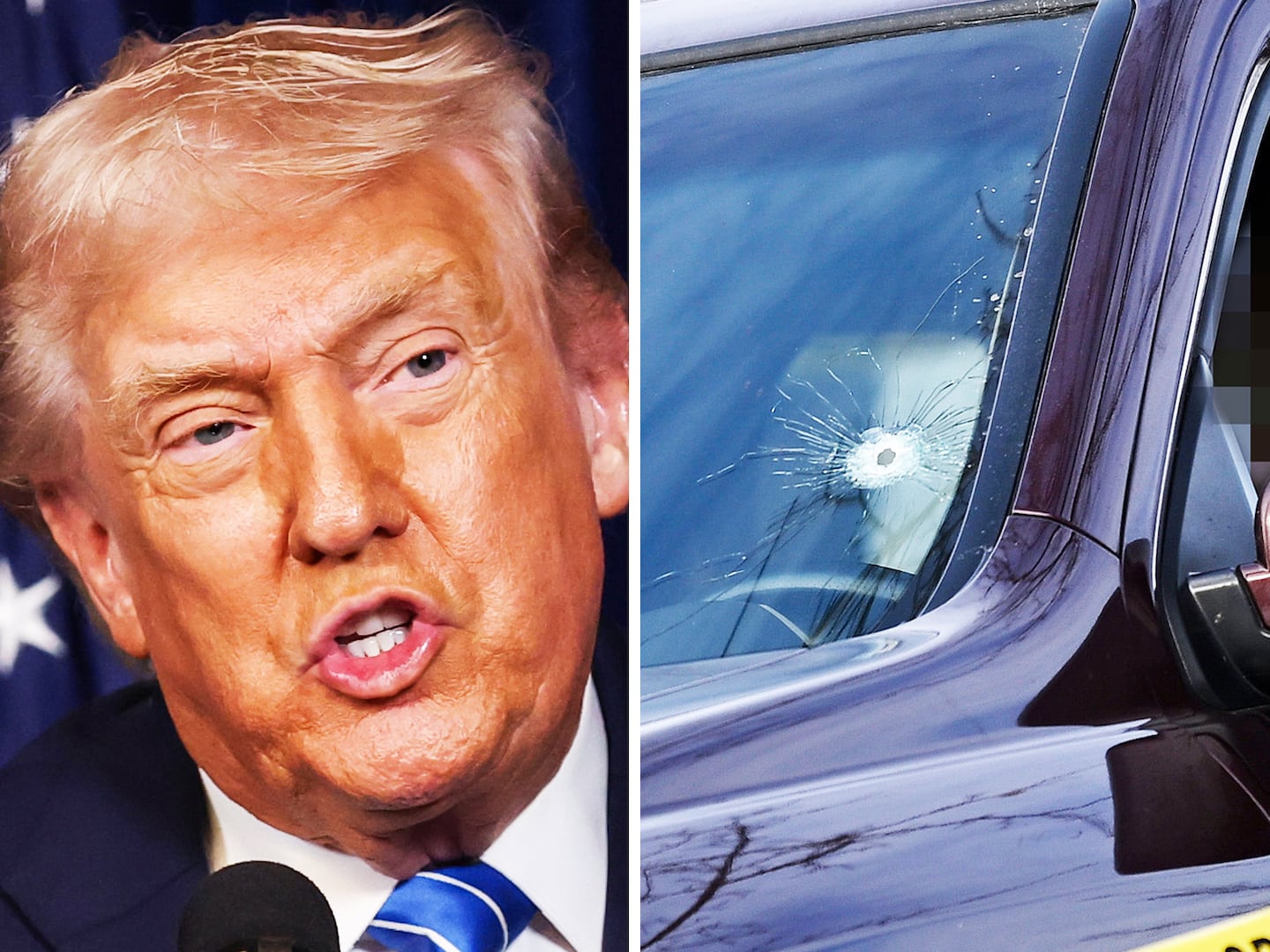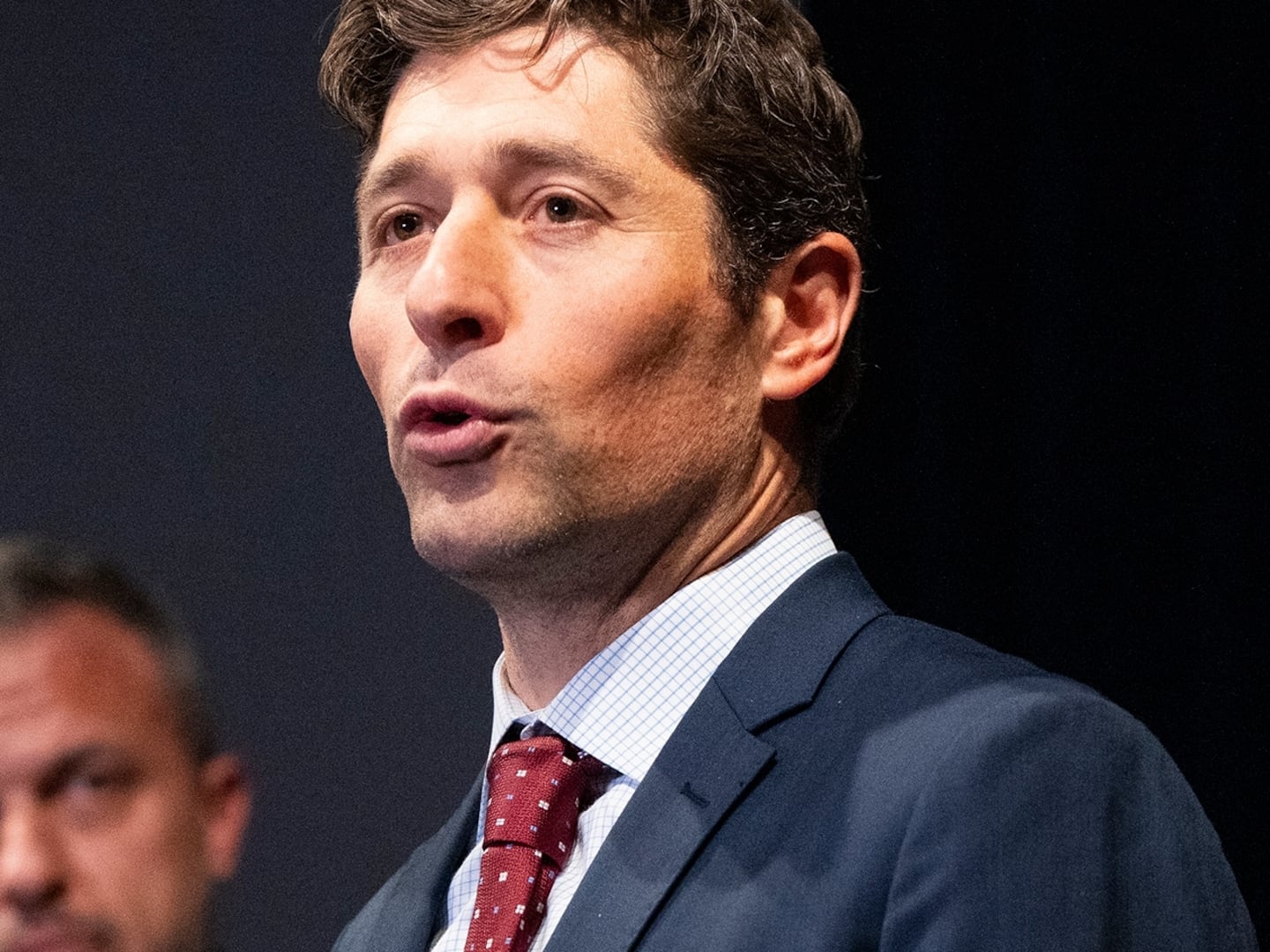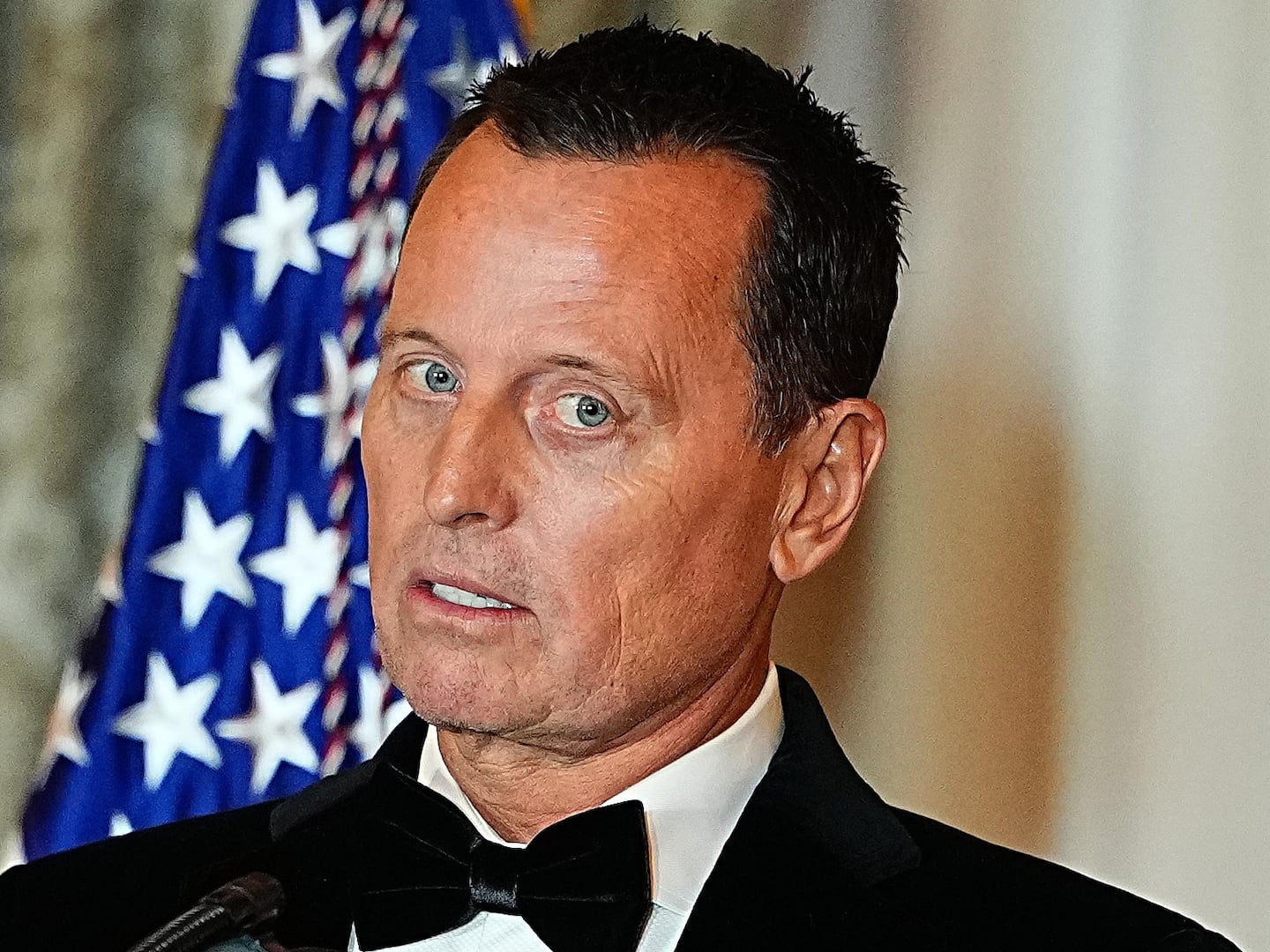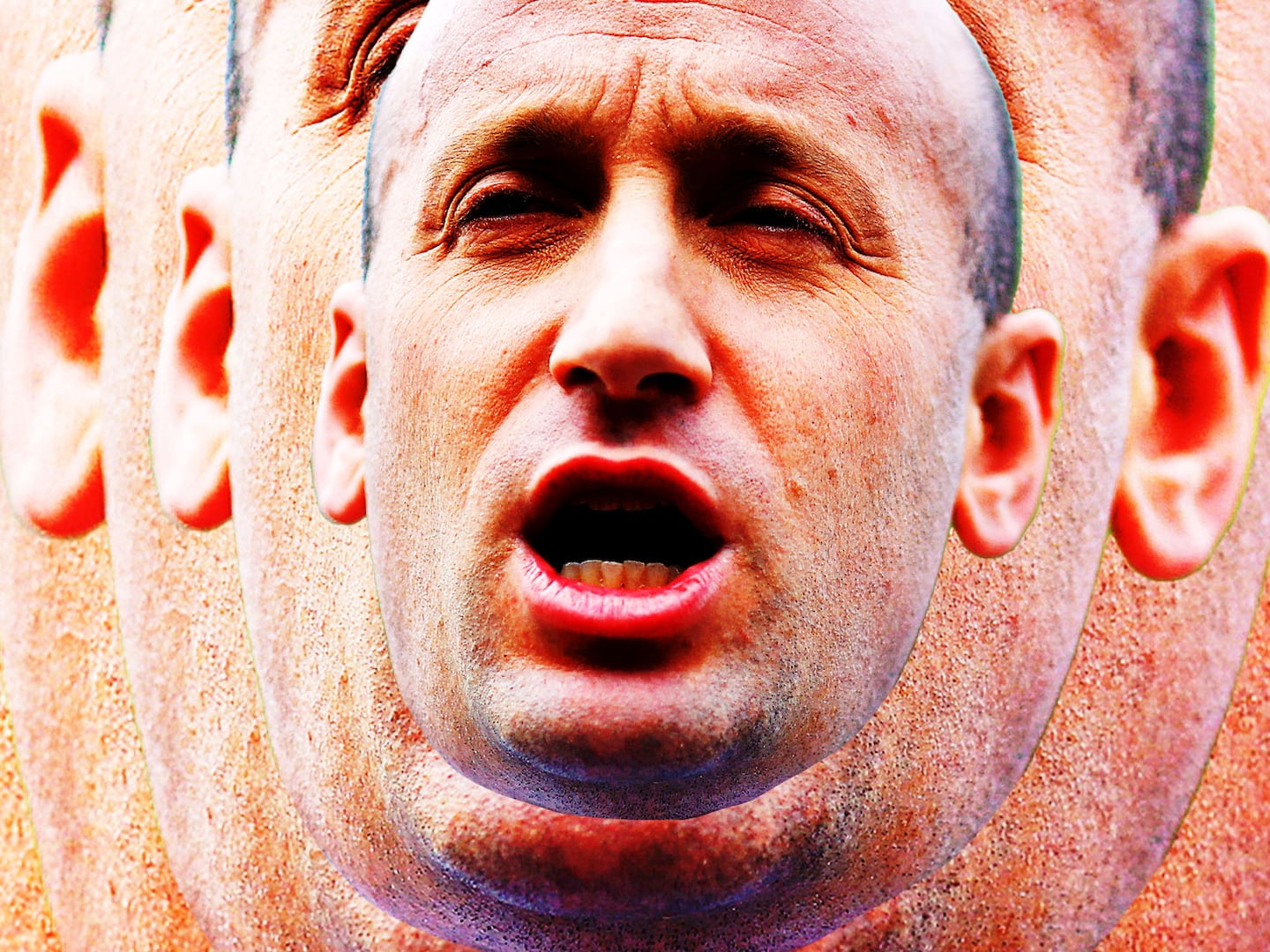For two years now, President Trump has promoted the narrative that he has been singled out for persecution by the special counsel and by his political opponents. The Mueller probe, he has vented, is a form of “Presidential Harassment,” a “Witch Hunt” aimed at unseating “your favorite President.” In the president’s apparent view, no other person—and certainly no other president—would have been treated so harshly.
In the wake of the Mueller Report, and Trump’s exoneration by Attorney General Barr, it is now clear that the truth is exactly the opposite: No other person—and no other president—could have escaped prosecution for obstruction of justice, or at least impeachment, on facts like these.
Let’s start with what separates Donald J. Trump from almost everyone else: He is the president. For Bob Mueller, Trump’s status as president gave Trump a double leg-up: First, under Department of Justice guidance, Mueller could not indict the president so long as he remains in office. To that extent, of course, Trump was treated like any other sitting president elected since the issuance of the original Office of Legal Counsel memo. But Mueller took that immunity a critical (and, in my view, mistaken) step further: He reasoned that, because the president could not be indicted, it would be unfair even to reach a judgment about whether Trump had committed obstruction. As a result, Mueller declined to make a formal obstruction finding and instead handed the case off to Attorney General Barr.
Barr, of course, had auditioned for his current job by writing a memo contending that the entire suite of offenses identified by Mueller could never constitute obstruction, given the scope of the president’s Article II powers. Barr has also contended that the absence of an underlying offense—here, the failure to find that Trump actually “colluded” with the Russians in destabilizing the 2016 election—is an important reason to reject any obstruction charge.
(That proposition, by the way, would be news to at least two of my former clients—Scooter Libby and David Safavian, both high-ranking officials in Republican Administrations. Both were indicted for obstruction; neither of them was ever alleged, or could have been alleged, to have committed some underlying offense.)
Barr, who acknowledged in his press conference (though not in his four-page letter) that he had not relied “solely” on his legal views in making his decision, unsurprisingly dismissed any possible obstruction within 48 hours of receiving the 400-page report.
So it’s nice to be president. But Donald J. Trump is not just any president. He’s also a president whose attorney general was, by his own admission, prepared to discount the wealth of evidence of palpably obstructive conduct found by Mueller on the ground that Trump was “angry” and acted as he did in the “sincere belief” that he was the “unprecedented” victim of illegitimate accusations of wrongdoing.
Can you imagine Attorney General Reno making the same claim for President Clinton, regarding his false testimony during the Paula Jones deposition (on which Kenneth Starr predicated an impeachment recommendation)? Can you imagine Reno rejecting any perjury or obstruction charges by taking a page from Barr’s playbook:
“In assessing the President’s testimony, it is important to bear in mind the context. President Clinton faced an unprecedented situation. Opposing counsel in the Jones deposition was inquiring into the most intimate details of Mr. Clinton’s personal life about which few, if any, of us would wish to be questioned, much less under oath. The President was frustrated and angered by a sincere belief that these questions were undermining his presidency.”
Yet in the name of Trump’s supposedly “sincere belief,” all manner of plainly obstructive conduct was exonerated by Attorney General Barr.
Or how about President Nixon’s obstructive conduct in Watergate? Can you imagine Attorney General Mitchell or Attorney General Kleindienst defending the president’s conduct by arguing that Nixon “sincerely believed” that his enemies were out to get him? Or arguing that, because there was no evidence that the president planned the underlying Watergate break-in, Nixon could not be lawfully charged with obstructing the investigation of that event? (Actually, one can imagine Mitchell and Kleindienst making those arguments, which is hardly a ringing endorsement of Barr’s defense of Trump).
Despite Mr. Trump’s protestations of wrongful persecution, the fact of the matter is this: On the facts found in Volume II of the Mueller Report, any other president would now be facing impeachment, and any non-president would be fitted for an orange jumpsuit.


